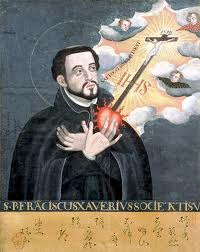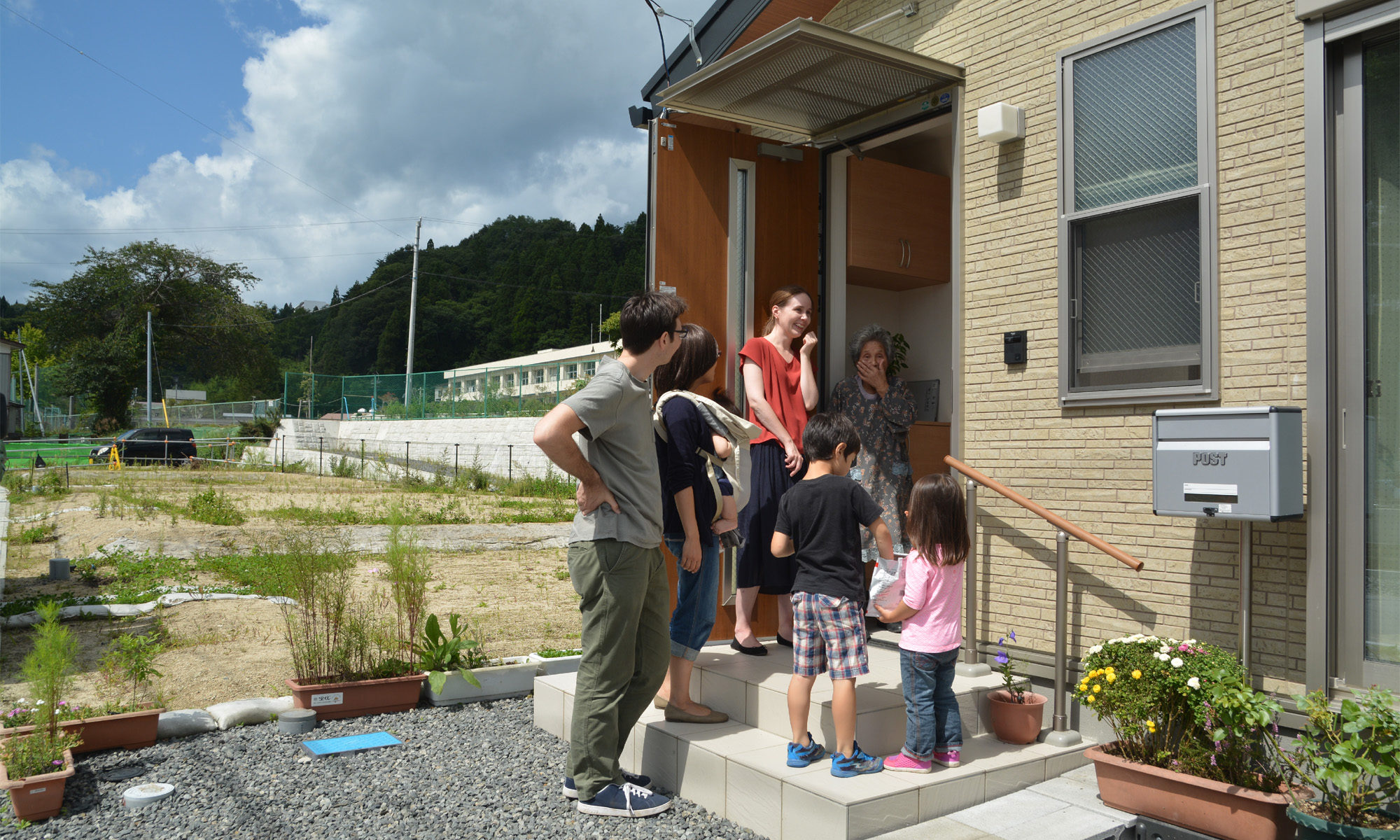(Continued from the article on Sep. 9)
 Francisco de Xavier, the first Christian missionary to Japan, encountered many difficulties including language barrier and cultural issues. Since Japanese culture didn’t have a concept of God who is the only God and the Creator, the language didn’t have a word for such a being. His interpreter Anjiro, who was still quite new to this foreign faith, translated the word “God” into “Dainichi”, which is a Buddhist figure. Because of this, Xavier was at first welcomed by some of the Buddhist monks who thought he was teaching about Dainichi. Xavier soon realized this and started using “Deusu” from the Latin “Deus (God)”, which made the monks less welcoming toward Christianity.
Francisco de Xavier, the first Christian missionary to Japan, encountered many difficulties including language barrier and cultural issues. Since Japanese culture didn’t have a concept of God who is the only God and the Creator, the language didn’t have a word for such a being. His interpreter Anjiro, who was still quite new to this foreign faith, translated the word “God” into “Dainichi”, which is a Buddhist figure. Because of this, Xavier was at first welcomed by some of the Buddhist monks who thought he was teaching about Dainichi. Xavier soon realized this and started using “Deusu” from the Latin “Deus (God)”, which made the monks less welcoming toward Christianity.
Another difficulty arose when Xavier met with one of the local lords in Yamaguchi area to ask for permission to evangelize in the area. He was unable to gain favor with the lord O’ouchi because Xavier criticized O’ouchi’s homosexual practices. This problem hindered his work of ministry elsewhere as well, because homosexuality or pederasty among high-class men was widely accepted in pre-modern Japan. The concept of hell and eternal damnation also presented a difficulty for Japanese people, who were deeply bothered by the idea that their ancestors were in hell.
After Xavier first stepped on Japanese soil in 1549, many Catholic missionaries followed. However, the Japanese government started to regulate and limit Christian missionary activities from 1587 and the persecution gradually worsened. In 1613, all Christian activities were completely banned all over Japan. The persecution continued to a greater or lesser degree until 1899 when the government officially permitted Christianity.
